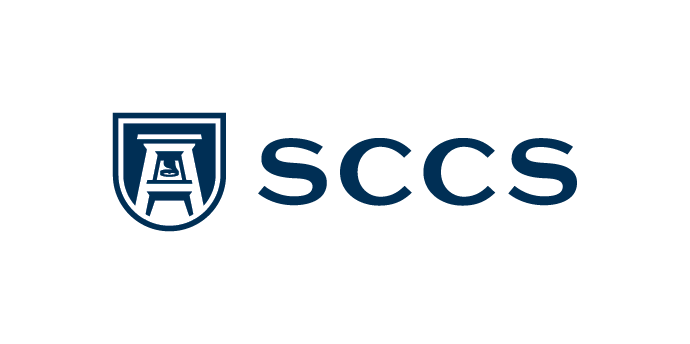On Adversarial Testing of Cellular Network Protocols
by Dr. Omar Chowdury
- When: Friday, 11/06/2020, between 1pm and 2pm, EDT
- Where: Zoom; Outside guests please RSVP by emailing Harley Eades
- YouTube Recording: https://youtu.be/W66rFfWj_3s
Abstract
Cellular networks are an indispensable part of a nation’s critical infrastructure enabling global-scale communication and a wide range of novel applications and services, including earthquake and tsunami warning system (ETWS), telemedicine, and smart-grid electricity distribution. Cellular networks thus have been an attractive target of adversaries ranging from rogue individuals to more resourceful adversaries such as foreign intelligence agencies. Unfortunately, security- and privacy-enhancing considerations, however, have often played second fiddle to quality-of-service, interoperability, and bandwidth concerns during cellular protocol design. As a consequence, cellular protocols, including the most recent generation, have been often plagued with debilitating attacks due to design weaknesses and deployment slip-ups. In this talk, I will start by discussing an automated analysis approach to reason about the security and privacy properties of cellular network protocol. Next, I will discuss several side-channel attacks that can give away a victim’s geographical location as well as its persistent identifier, when the adversary only knows the victim’s phone number. I will conclude the talk by discussing several low-cost defense mechanisms whose inclusion can raise the bar for the attackers.
Bio
Dr. Omar Haider Chowdhury is an Assistant Professor of Computer Science at the University of Iowa where he currently co-directs the Computational Logic Center (CLC). He received his Ph.D. from the University of Texas at San Antonio and was post-doctoral research associates at Carnegie Mellon University and Purdue University before joining Iowa. His research focuses on applying techniques from computational logic and automated reasoning to solve practically-relevant computer security and privacy problems. His work has been awarded as the distinguished papers at ACM SACMAT, ACSAC, and ACNS. He was inducted to the GSMA Mobile Security Hall of Fame for his work on cellular network security. In addition, his research has received funding from NSF and DARPA, including a DARPA Young Faculty Award.

